
In Plain Cite
In Plain Cite, from ISMPP, is the podcast exploring the evolving landscape of medical publication and communication. Each episode delves into the big ideas, trends, and strategies shaping the future of medical publishing. Offering practical tips and insights to help you stay ahead, In Plain Cite is your companion in navigating this dynamic field.
- Update frequency
- every 25 days
- Average duration
- 18 minutes
- Episodes
- 43
- Years Active
- 2020 - 2025
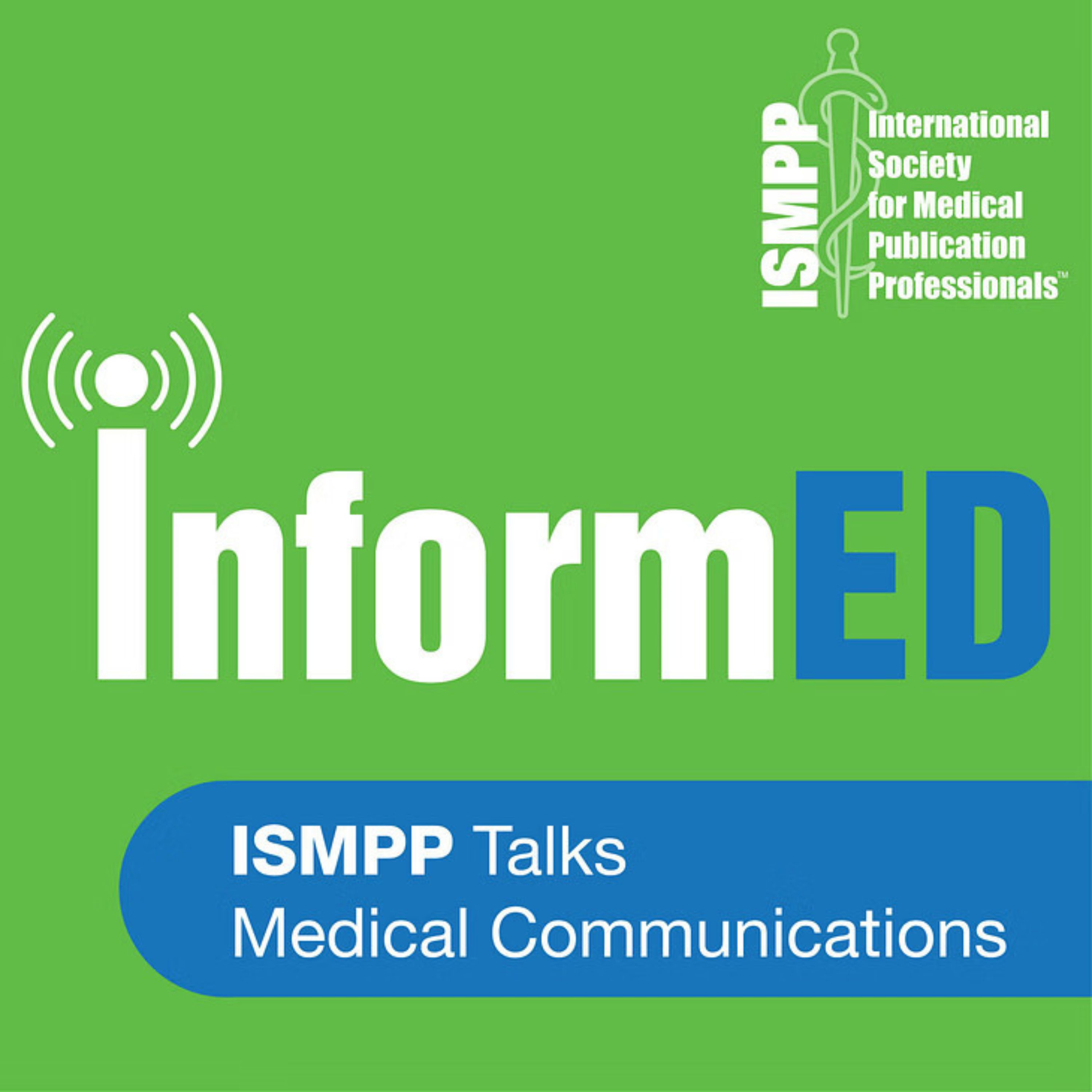
Accessible Conference Presentations: Results and Insights From a Study
Guest host Mary Gaskarth is joined by Emily Messina to discuss her interest and research in the accessibility of conference presentations. Emily and her team recently won the ISMPP 2023 Annual Meetin…
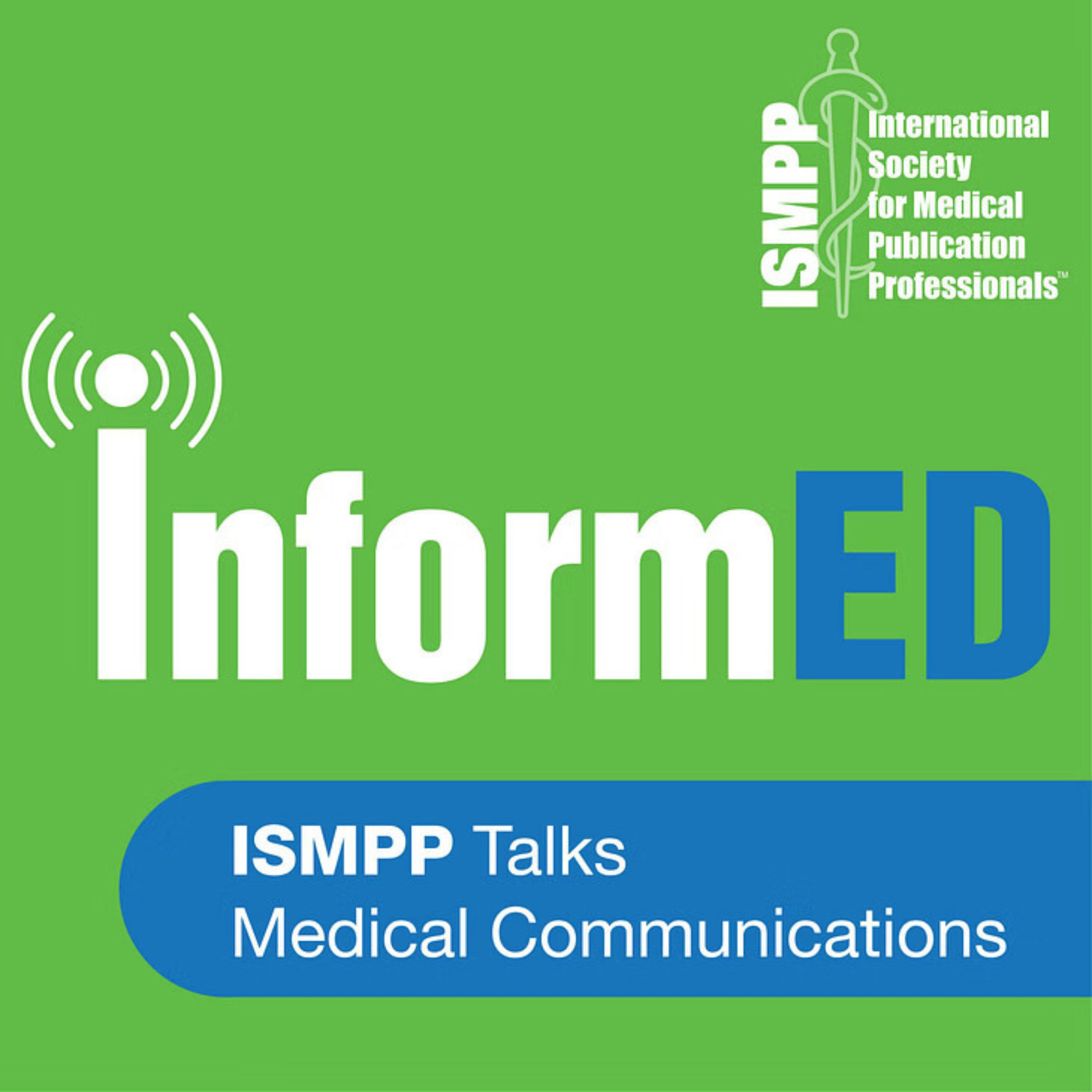
Putting Patients First: A Journey to Inclusion in Publishing
Please join our guest host, Dawn Lobban, Head of Envision the Patient team at Envision Pharma Group, and guest Sharon Terry, President and CEO of Genetic Alliance, a not-for-profit organization that …
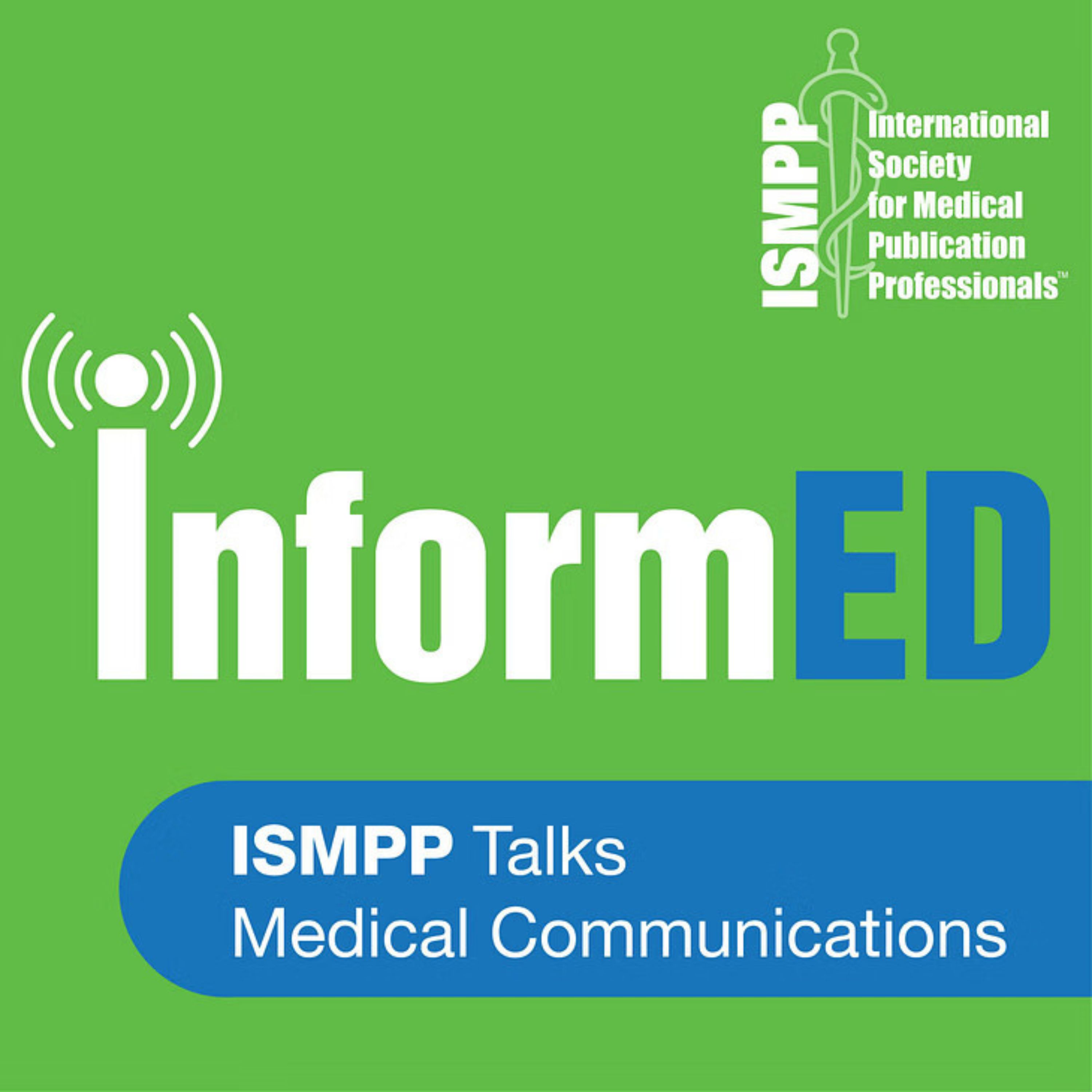
RWE: Relevance, Reporting, and AI
Join Rob Matheis and Richard White for a discussion of the basics of what Real World Evidence (RWE) is and how it is different from HEOR, to the big questions of how the global use of RWE has changed…
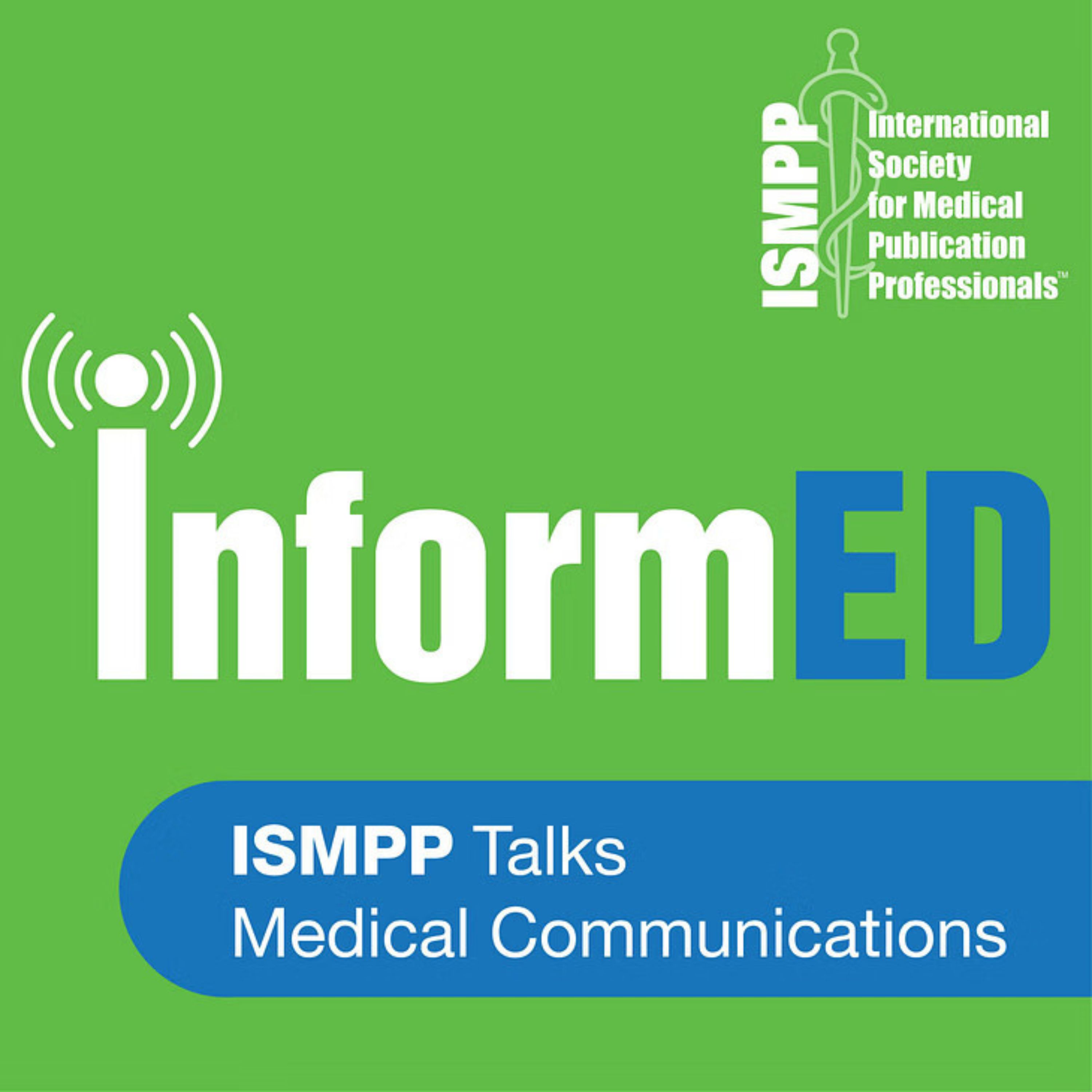
Trending Topics from the ISMPP 2023 European Meeting: Patients, AI, Creativity
Join us for an interesting conversation between the Co-Chairs of the European Meeting Program Committee as they discuss the relevant trends and ideas that were topics of conversation and programming …
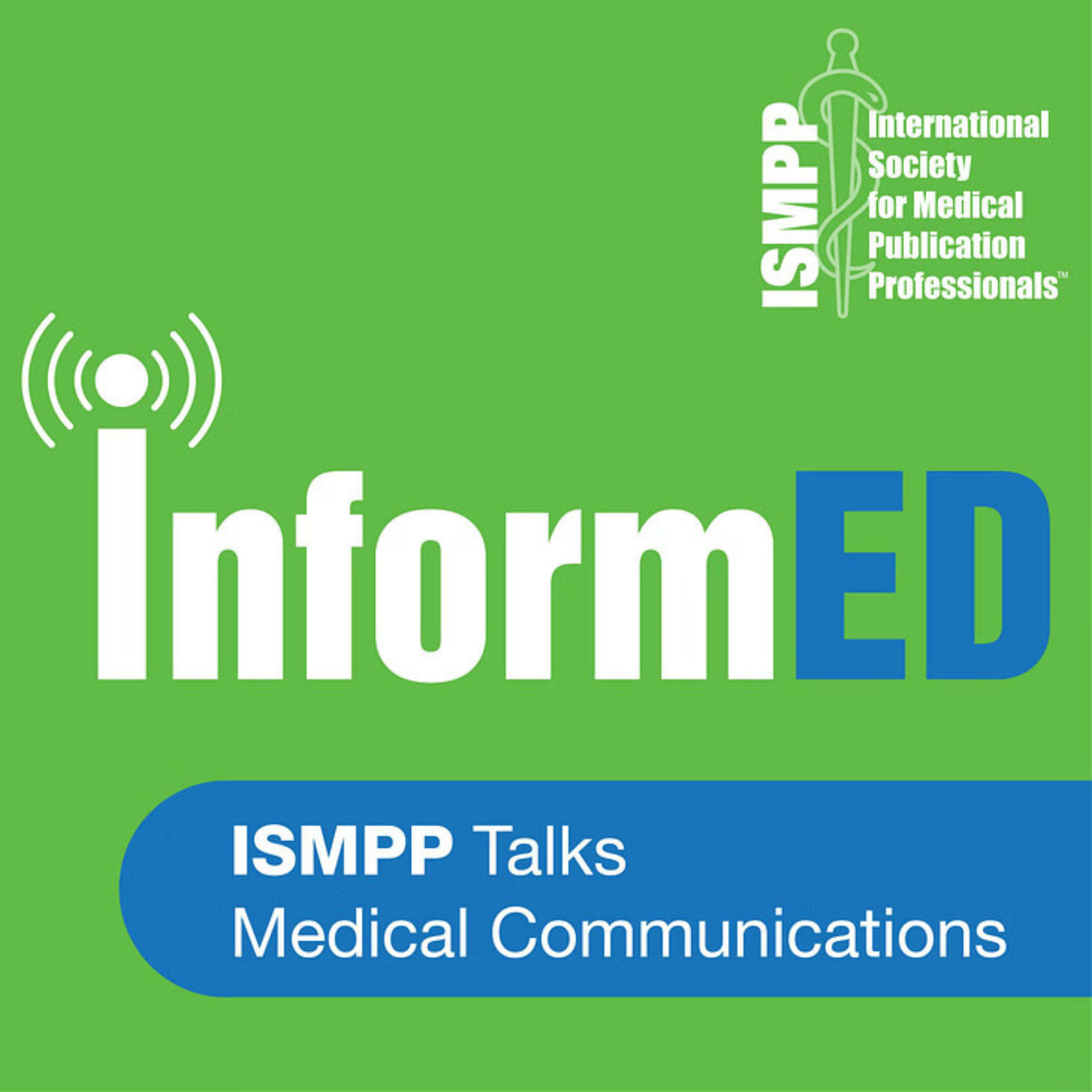
Looking at Recruitment & Retention: Part 2 What is important to Employees? You might be surprised
Rob Matheis continues his discussion with Whitney Morris, this time focusing on what drives an employee to stay in their current position or move to a new one. Financial incentives are not always the…
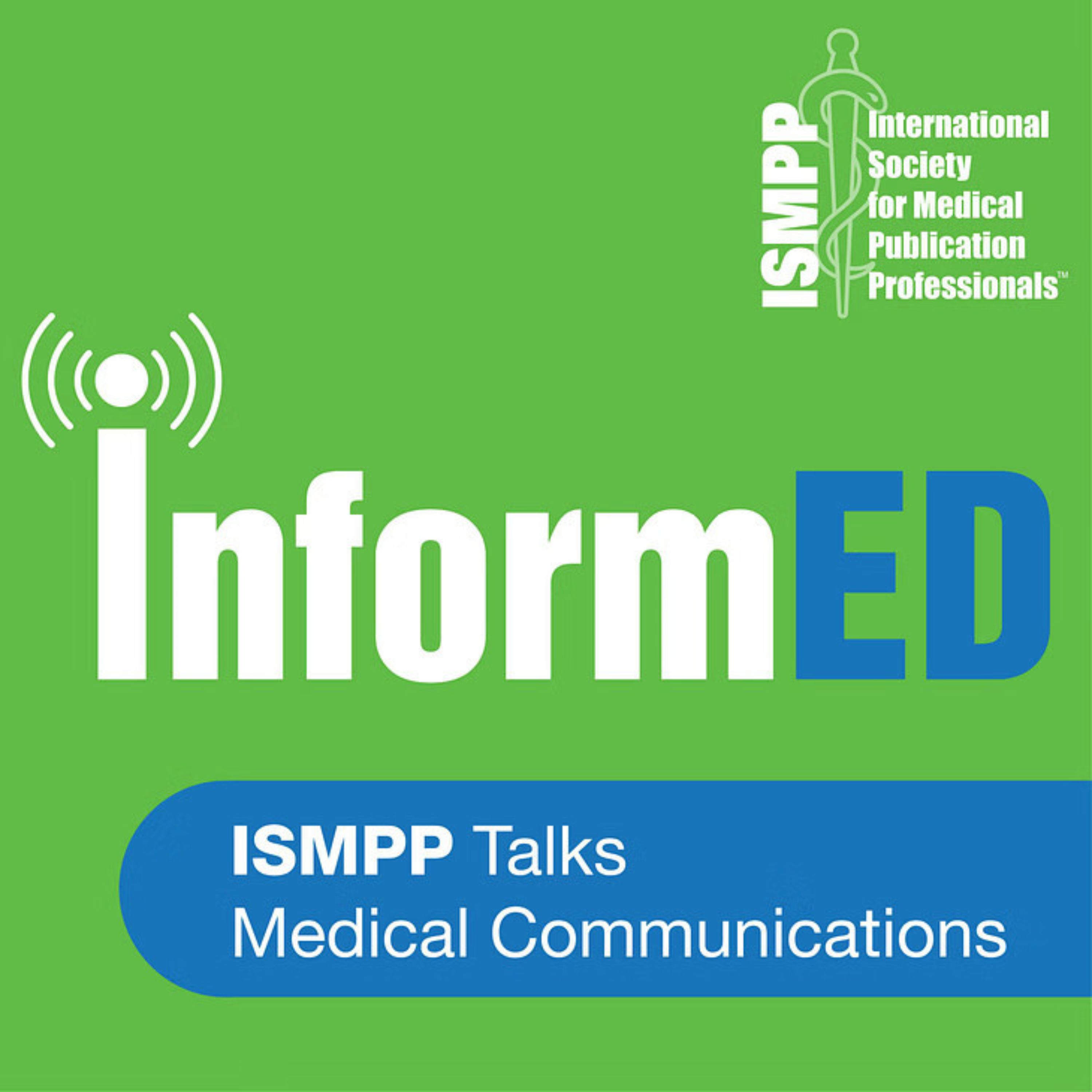
Chatting (More) About ChatGPT and Generative AI
As a follow-up to the ISMPP U webinar, The Rise of ChatGPT and Generative AI: Implications for Medical Writing, Authorship, Content Development and QA Systems, this episode of InformEd aims to addres…
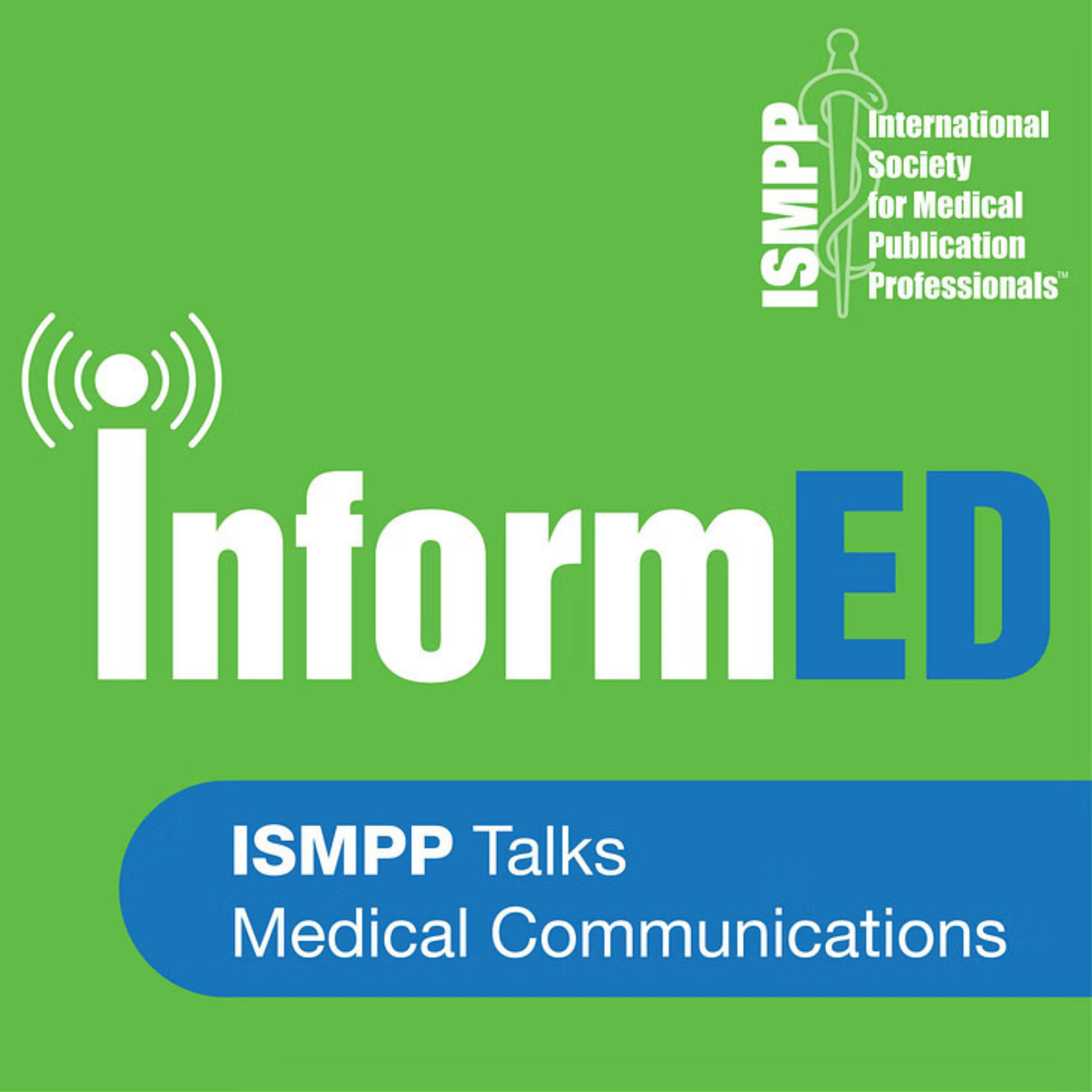
Looking at Recruitment & Retention: Part 1 - Employee & Employer Perspectives
"The Great Resignation" is affecting all organizations, including those in scientific communications and Medical Affairs. What are the main causes, and how can managers retain the great employees the…
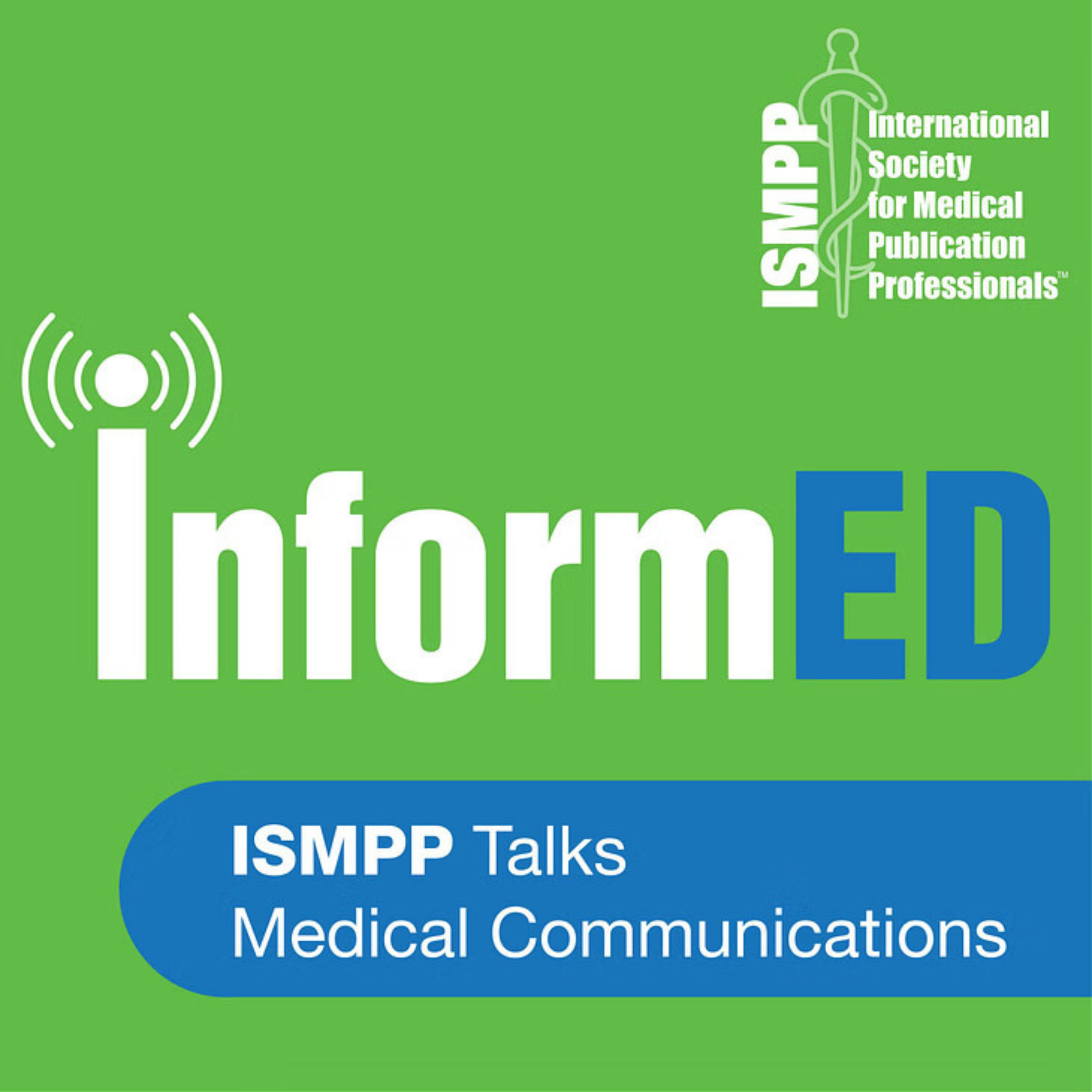
Enhanced Publication Content: The Publisher Perspective Part 2
In this continuation of the conversation with Neil Adams, we discuss the future of enhanced publication content. What are some exciting changes that may be coming and how can EPC be used more effecti…
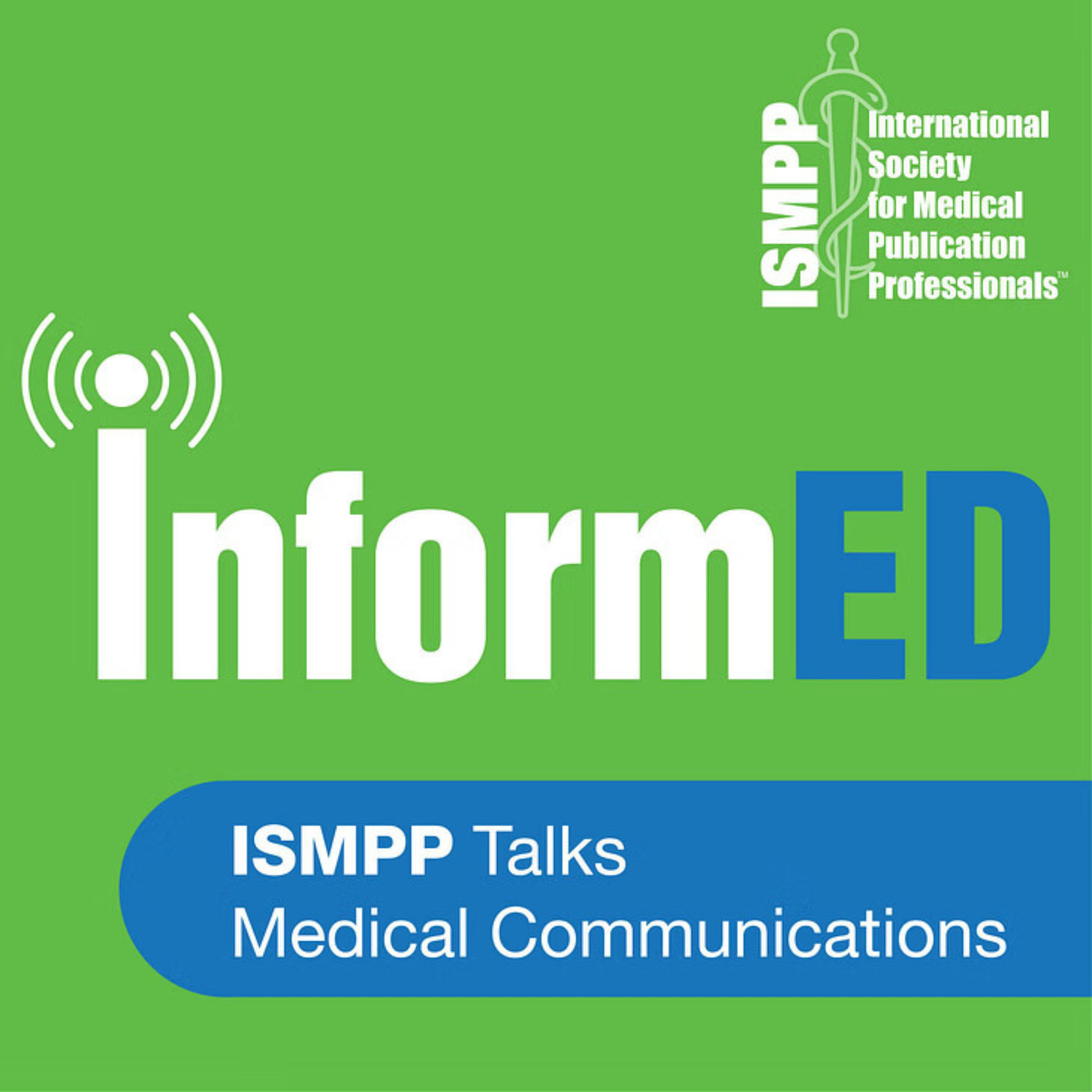
Enhanced Publication Content: The Publisher Perspective Part 1
Enhanced publication content (EPC) can break down barriers between authors and readers in various ways. Which types of EPC are the most common and which provide the greatest value for audiences? What…
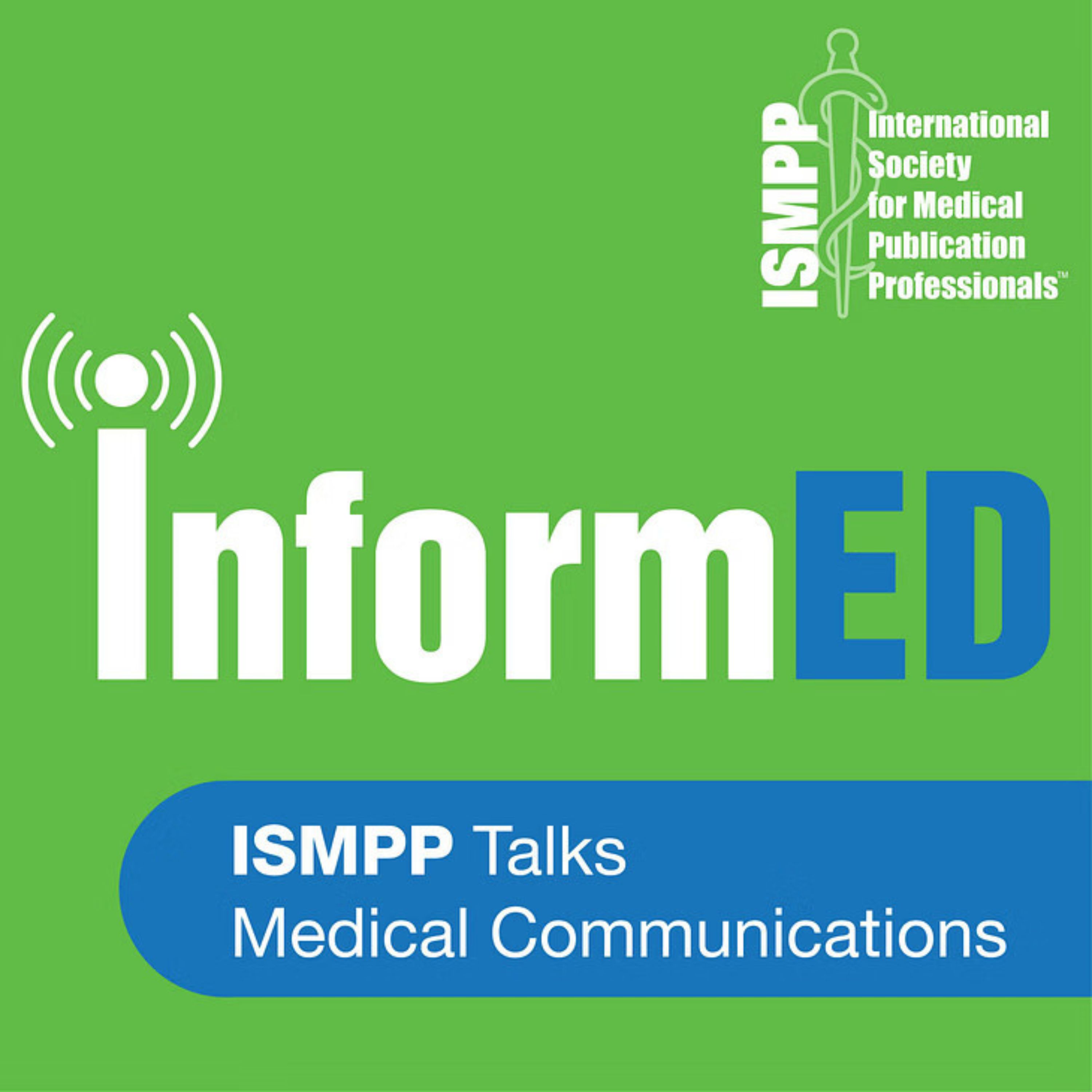
Posting with a Purpose: Using social media to reach your audience: Part 2 Making a Plan
This continuation of our Social Media series will delve into how to establish a Medical Affairs social media presence, the latest developments in social media platforms that can help improve medical …
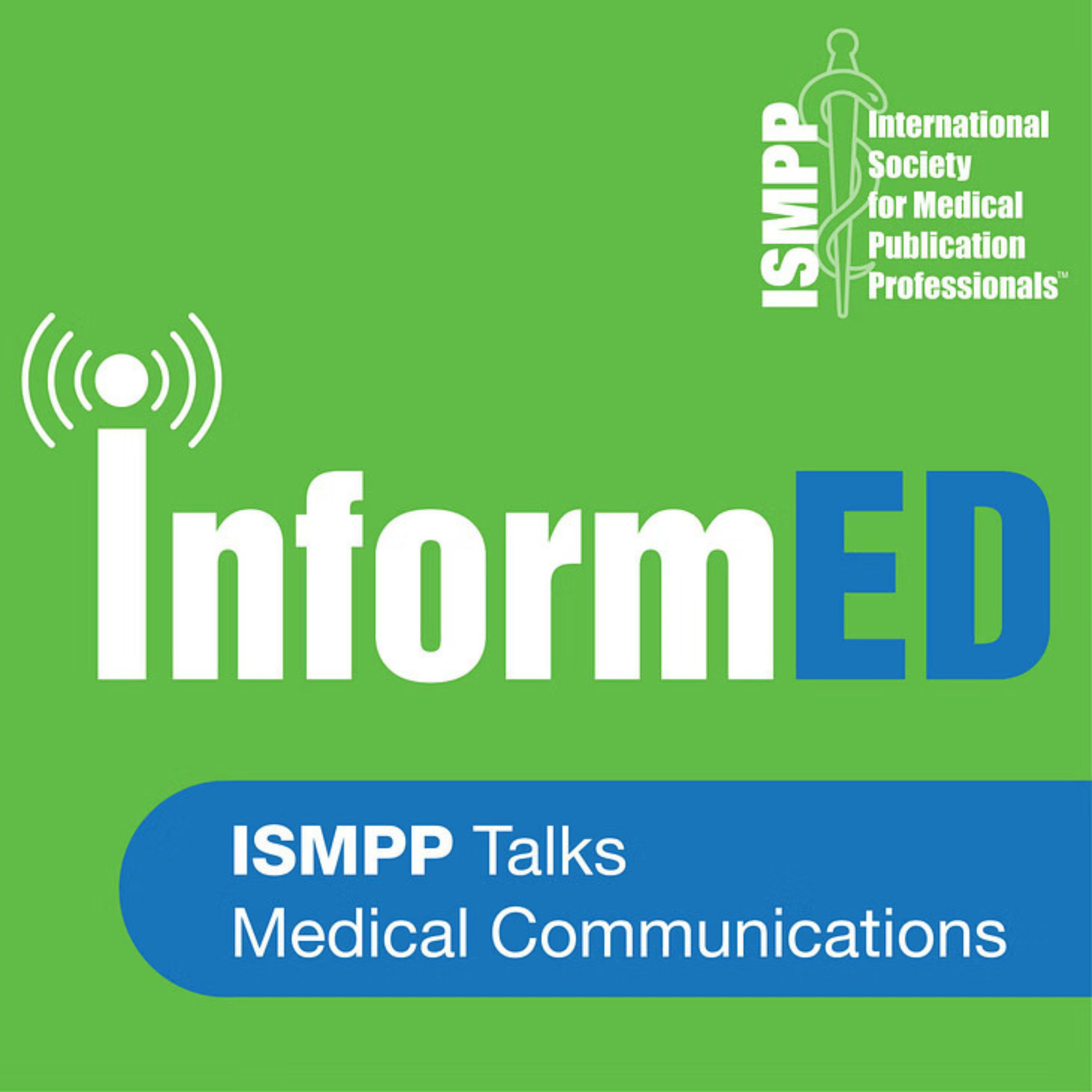
Posting with a Purpose: Using social media to reach your audience: Part 1 The Nuts and Bolts
Social media has its own set of opportunities, challenges, and solutions - and even more so when used in medical communications. This episode will examine development of a social media plan, who shou…
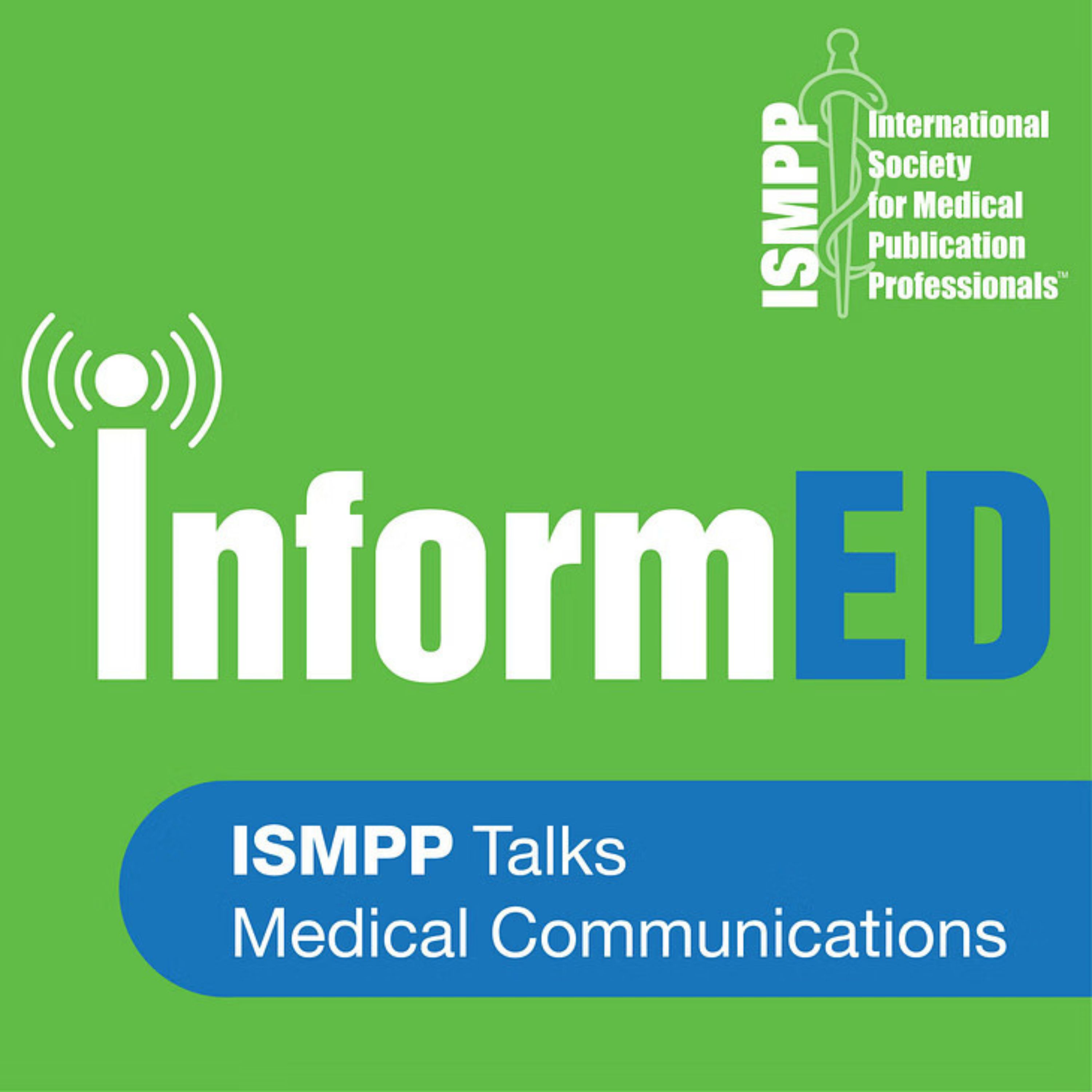
Privacy Matters: Protecting Data Amid Evolving Laws and Technology
Data privacy is not always a fun topic, but our podcast guest is another fantastic speaker from the Annual Meeting and is enthusiastic and knowledgeable! In this episode, we discuss the implications …
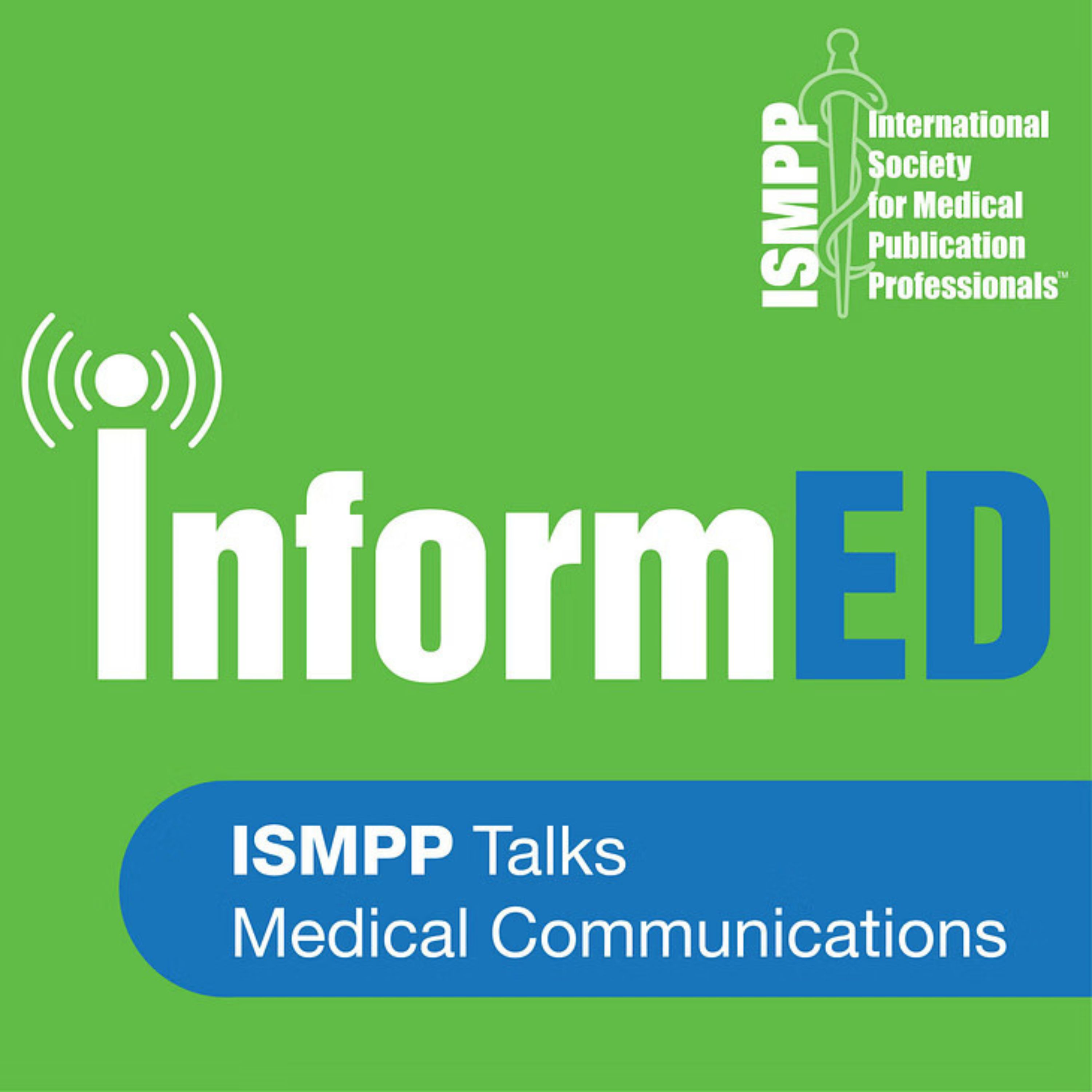
Bringing It Home: Next generation of clinical trials & implications for publication professionals
The COVID pandemic both accelerated adoption of decentralized clinical trials and highlighted the importance of decentralization in making clinical trials more patient-centric. These trials allow for…
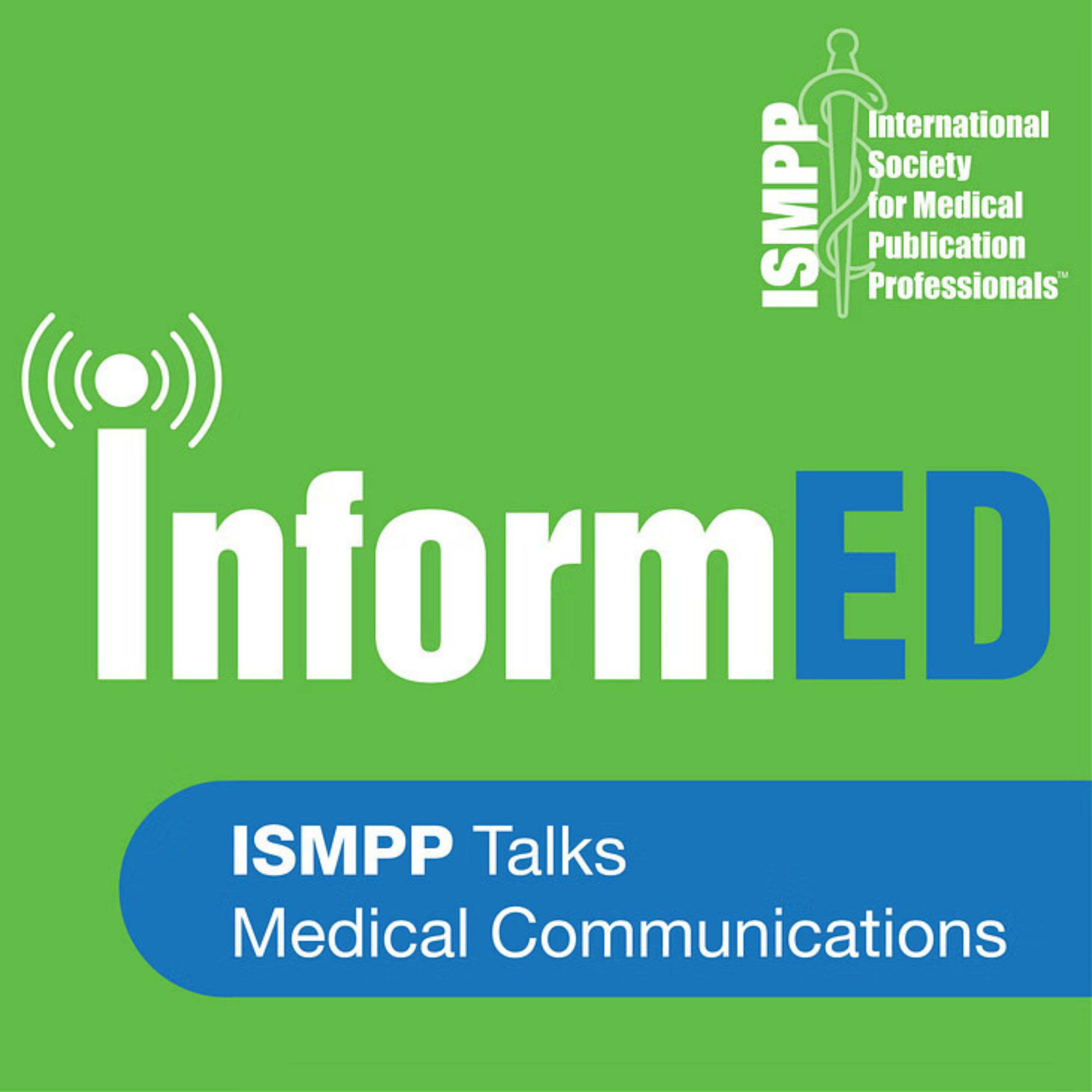
Achieving Greater Equity, Diversity and Inclusion Through Health Literacy
Health literacy, health equity, and health disparities are connected, both in practice and in research. Join us for the first episode of InformED’s equity, diversity and inclusion series, and learn f…
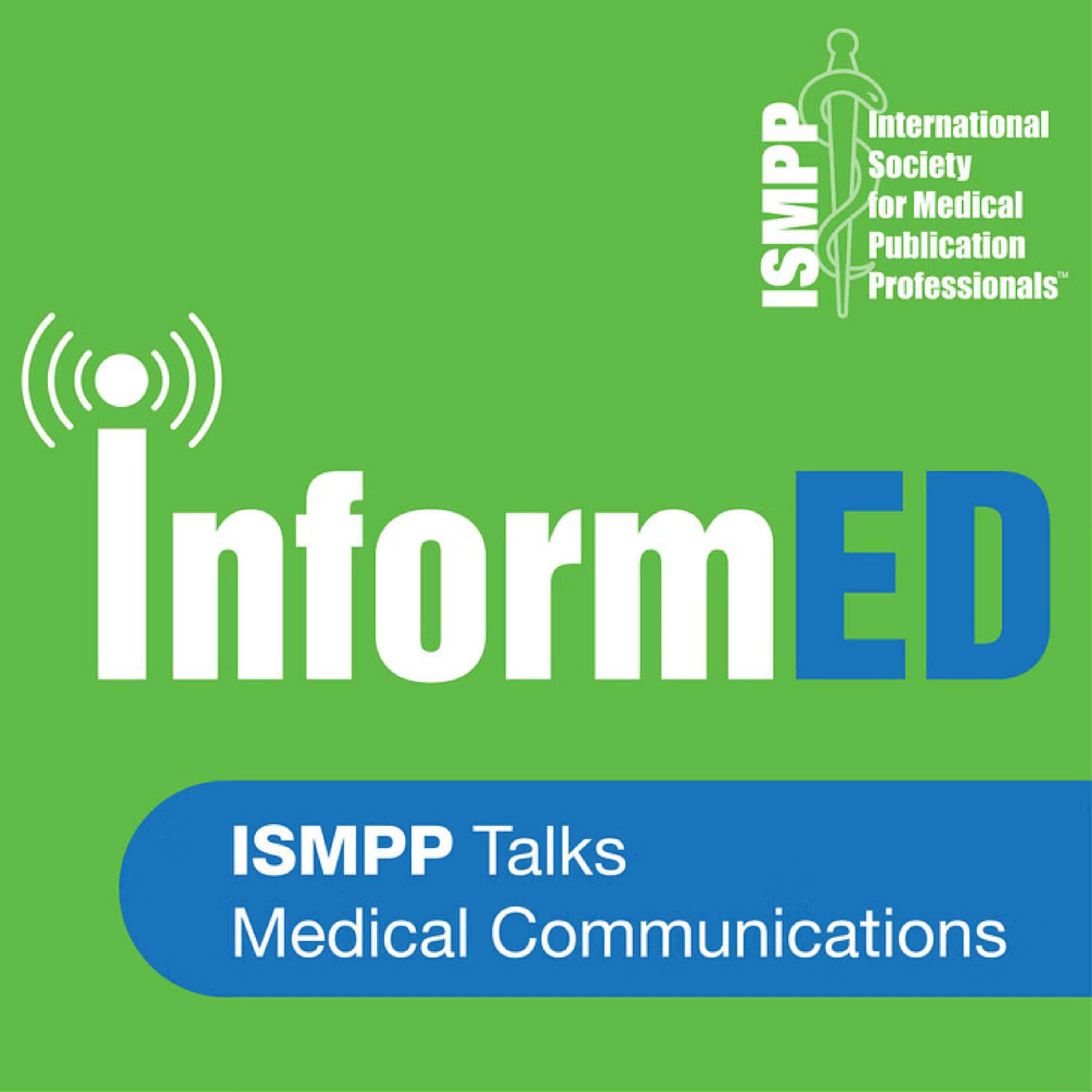
Successfully Navigating the Changing Medical Conference Landscape: Part 2
Join us for a continuation of our conversation with David Barrett, CEO of the American Society of Gene & Cell Therapy, on successfully navigating the changing medical conference landscape. David will…
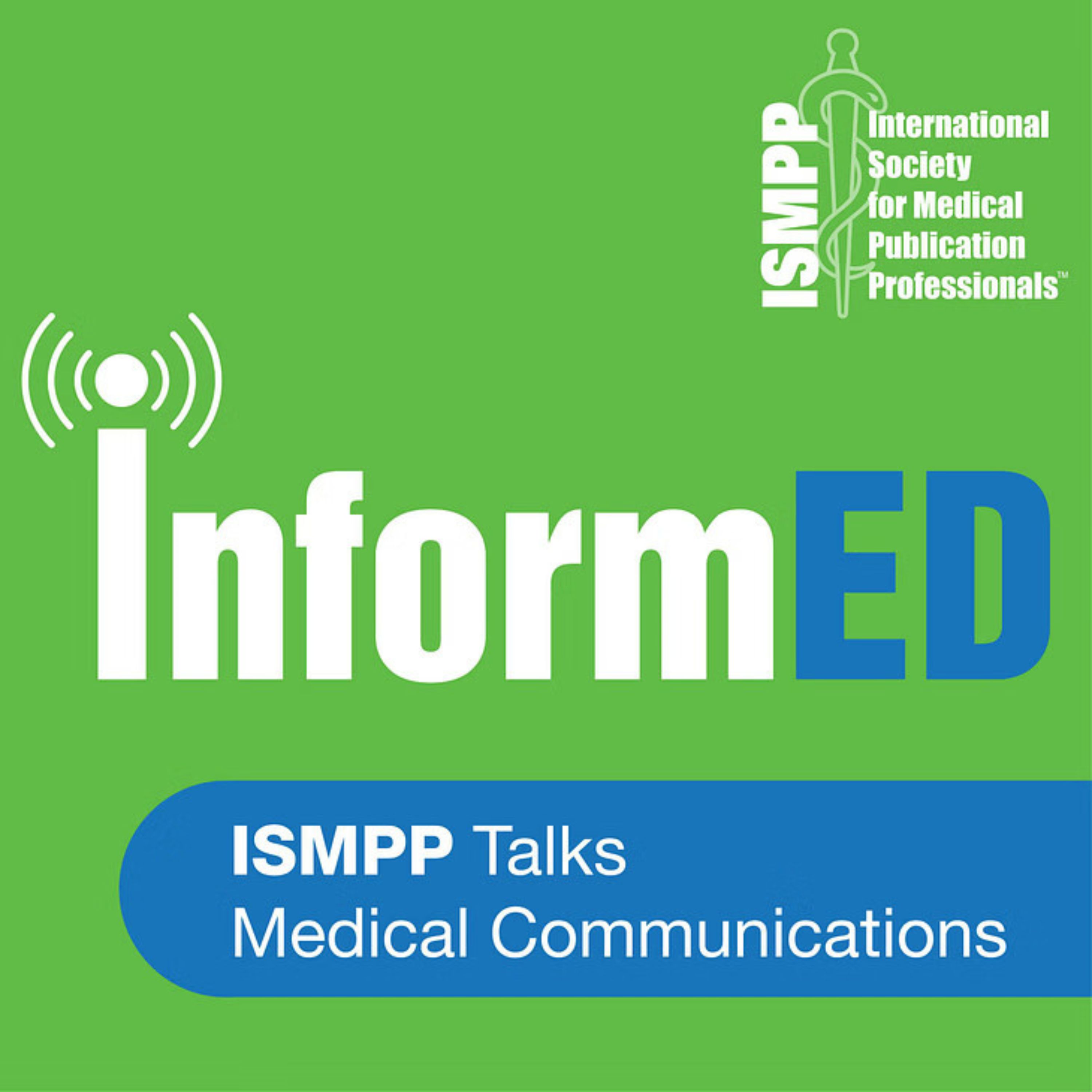
Successfully Navigating the Changing Medical Conference Landscape: Part 1
Medical societies have had to innovate rapidly in light of cancelled conferences during the pandemic. Innovation was accelerated, and the virtual conference emerged. Join us for an insightful convers…
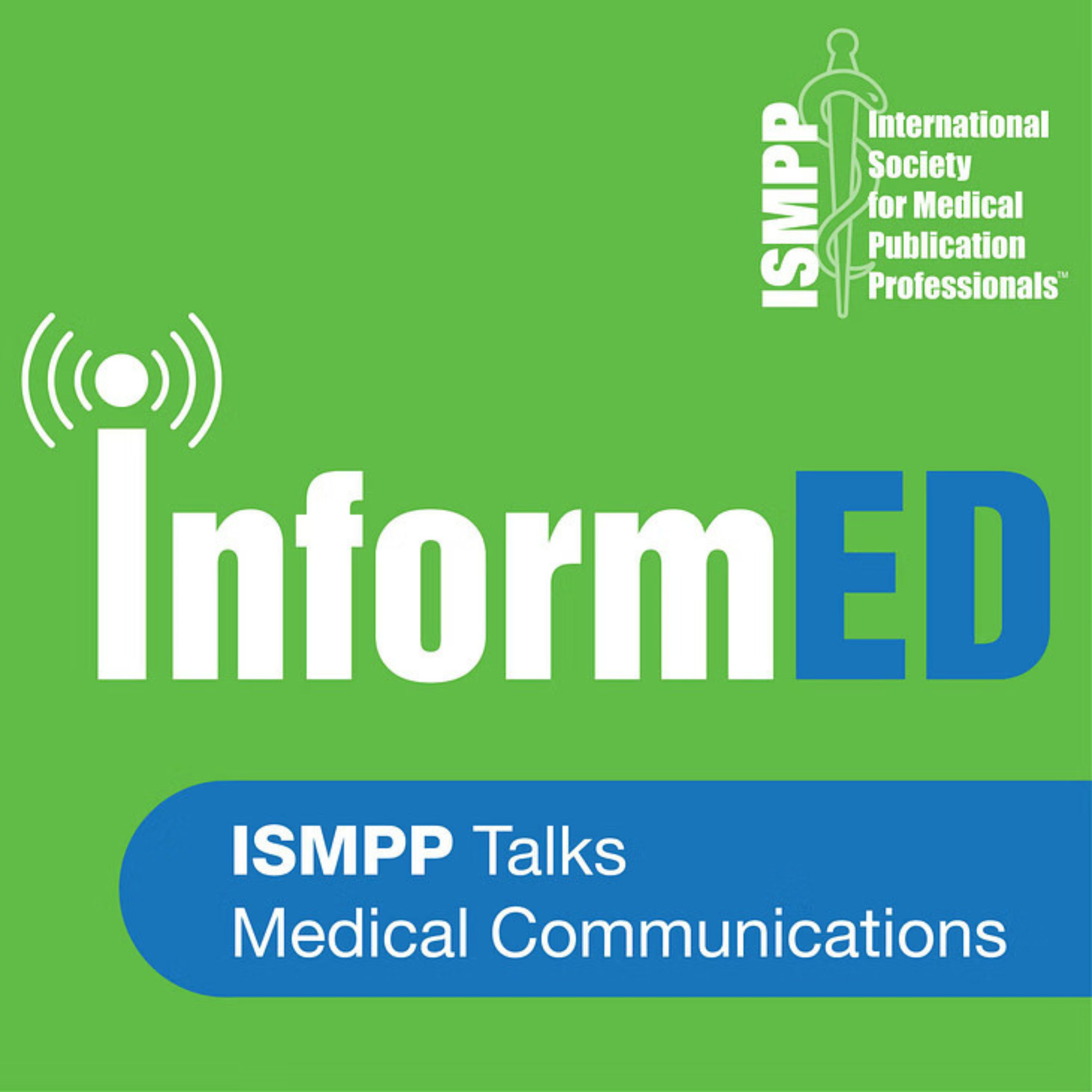
Innovation in Medical Communications: Focus on the "How"
In a continuation of our previous discussion, let’s talk innovation and digital transformation in medical communications. There is a new sense of urgency to communicate research more rapidly and in i…
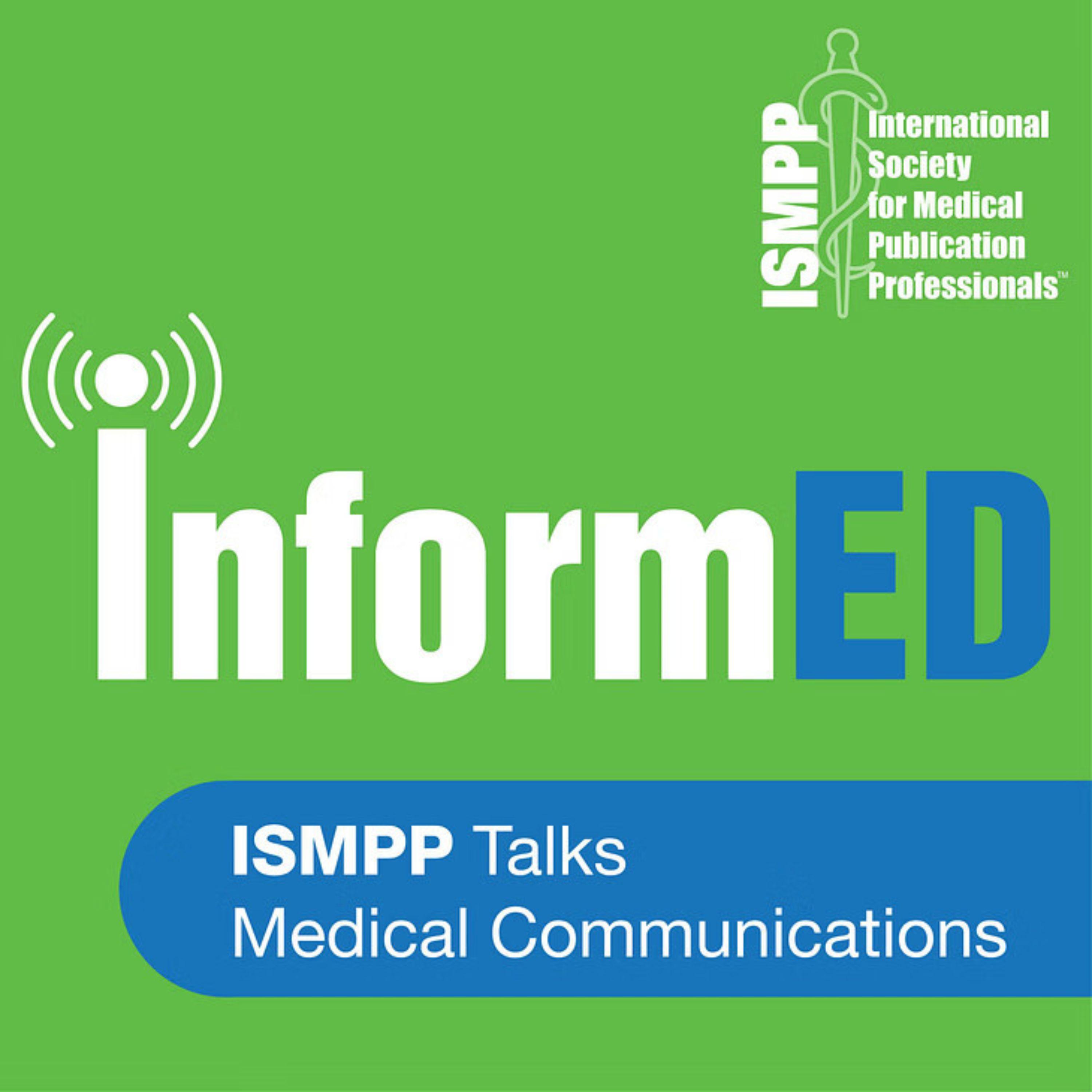
Innovation in Medical Communications: Focus on the "Why"
Innovative thinking is more important now than ever. What is driving that necessity whether it be within your own organization or more broadly within our industry? What new expectations do stakeholde…
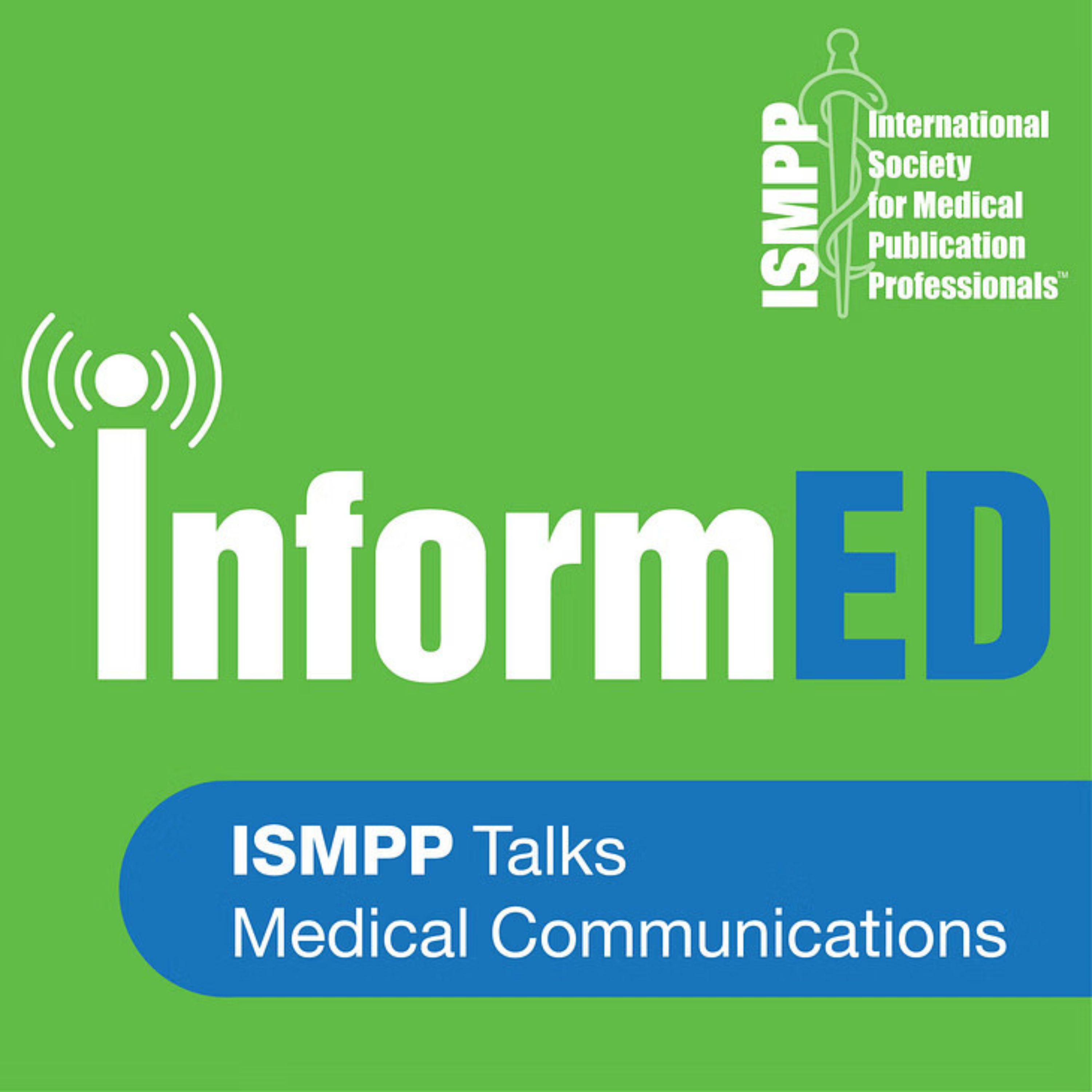
Episode 4: Digital Enhancements: Which are worth the investment?
Publication enhancements are all the talk these days. Expanding the reach. Moving beyond publication. There are so many options to enhance the availability of data and improve understanding. Are they…
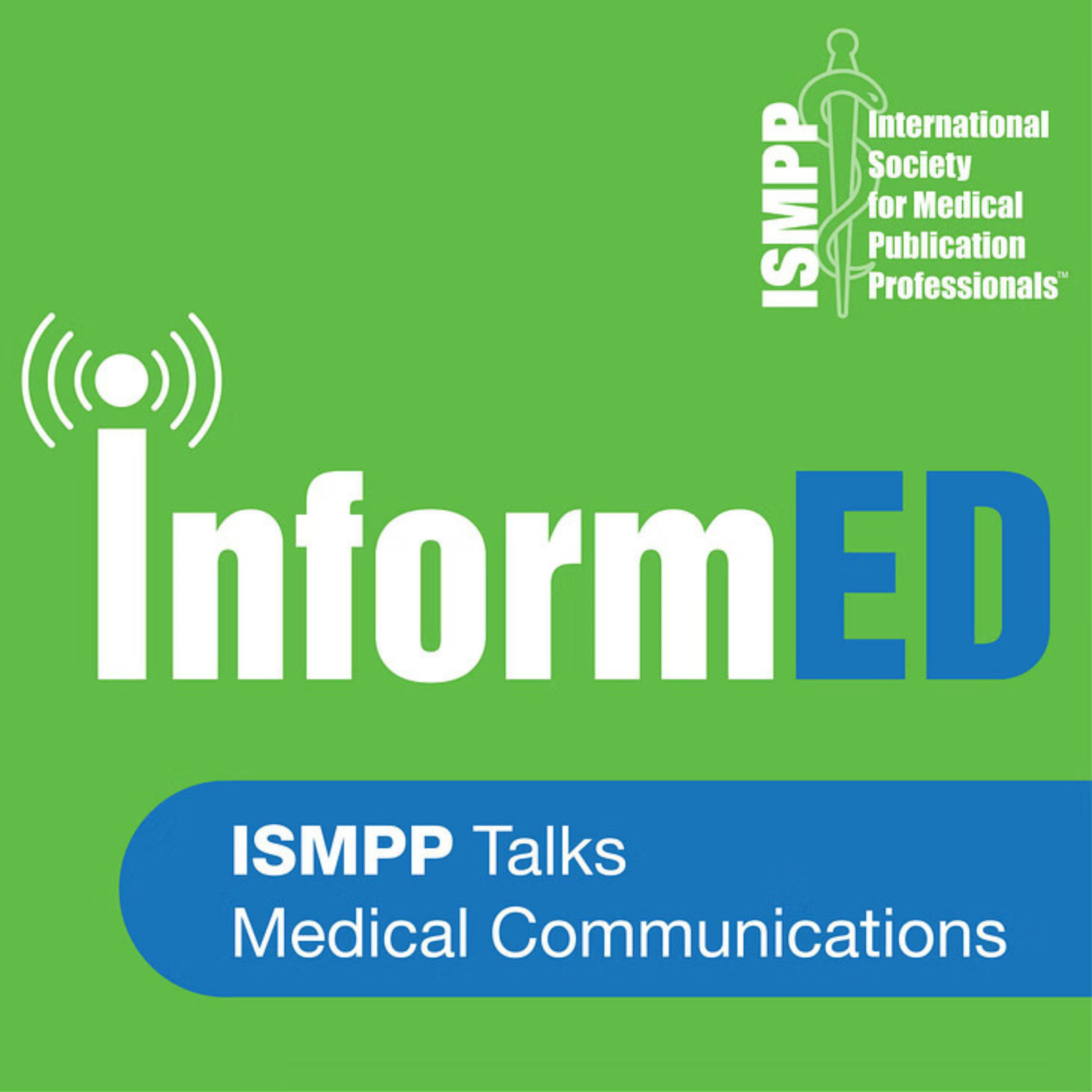
Episode 3: Open Access: Opportunities and Challenges
Conceptually, providing free open access to scientific and medical research makes intuitive sense. Why would research be maintained behind a paywall when we know that it will further science and bene…